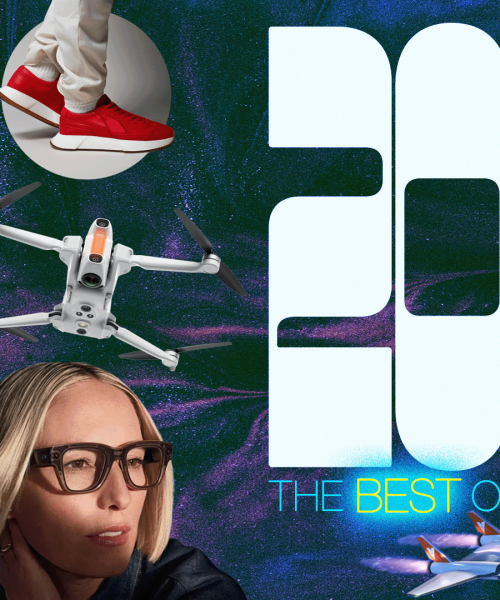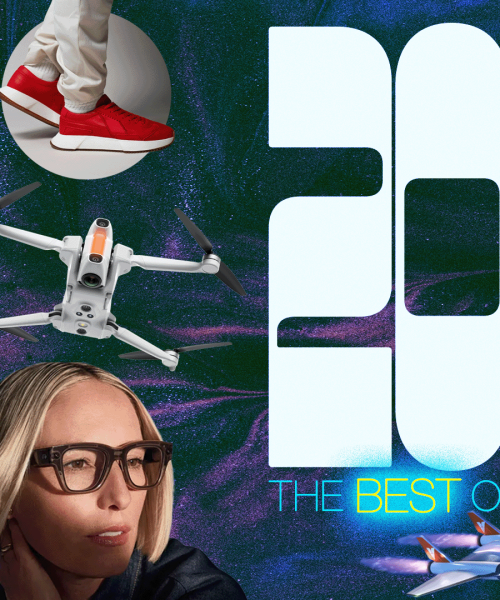On social media, our furry and friendly pets appear to be more persuasive influencers. In a small study recently published in The Journal of Advertising Research, so-called “petfluencers” appear to have the edge over human social media influencers (SMI) when it comes to trustworthiness.
“Petfluencers” are defined as a domestic animal who regularly appears in videos or photos posted by its owners. Wrinkle the Duck, who has been spotted “running” the New York City Marathon is followed by over 800,0000 people. Nala the Cat has 4.5 million Instagram followers and endorses everything from cat food to video games. During the 2020 COVID-19 lockdowns, a button pressing dog named Bunny became a viral sensation on TikTok. Obviously the pets’ human owners run these accounts, and will often collaborate with advertising agencies on potentially lucrative brand partnerships. Nala is believed to be worth more than an estimated £80 million or $114 million and is among last year’s top-earning petfluencers.
In this new paper, a team from the University of Louisville in Kentucky and the University of Strathclyde Glasgow and University of Edinburgh in Scotland studied how an animal or pet influencer’s endorsement of a brand can affect consumer responses and behavior. They used a set of fictional advertisements featuring pet and human influencers for products including peanut butter and wine. The fake ads ran over the course of four days (Wednesday to Saturday) on Instagram.
For example, one of the wine posts read: “What’s your human’s go-to wine that sets the scene for cozy evenings snuggled up by the fire? This one seems perfect for my human: Naked Wines says it’s fruity, soft and easy to drink with its black currant fruits and its peppery finish. #ad #sponsored #nakedwines #redwine.” One of the peanut butter posts read, “Any peanut butter addicts around here? Just helping my human daddy clean up this Pip & Nut jar! #peanutbutter #pipandnut #peanutbutterlover #instadog #ad #sponsored.”
In terms of consumer response, the test audience clearly preferred the advertisements featuring pets to human influencers. The pet posts reached 18,224 viewers on Instagram versus 17,613 for the ads featuring people and also had better return on the cost of placing the ad in the first place.
[ Related: Dogs really are communicating via button boards, new research suggests. ]
After surveying 201 people who interacted with the ads, the team found that the pets were even more effective when their message matched up with a consumer’s focus on immediate pleasure and satisfaction.
Additionally, as the number of sponsored posts by social media influencers rises, their perceived sincerity decreases. This is partly due to “influencer fatigue,” and why pet influencers offer an alternative for more sincere endorsements.
“Petfluencers offer distinct advantages compared to human SMIs [social media influencers],” study co-author and University of Strathclyde digital marketing lecturer Laura Lavertu said in a statement. “While the persuasiveness of human influencers often stems from their relatability or aspirational appeal, petfluencers are seen as more genuine and sincere. Because they are pets, they have no hidden agenda. They don’t come with the baggage or scandals that sometimes follow human influencers, which makes them seem more trustworthy.”
According to the team, follow up studies could further validate these findings and examine the growing influence on pets and the ever-changing world of social media.






